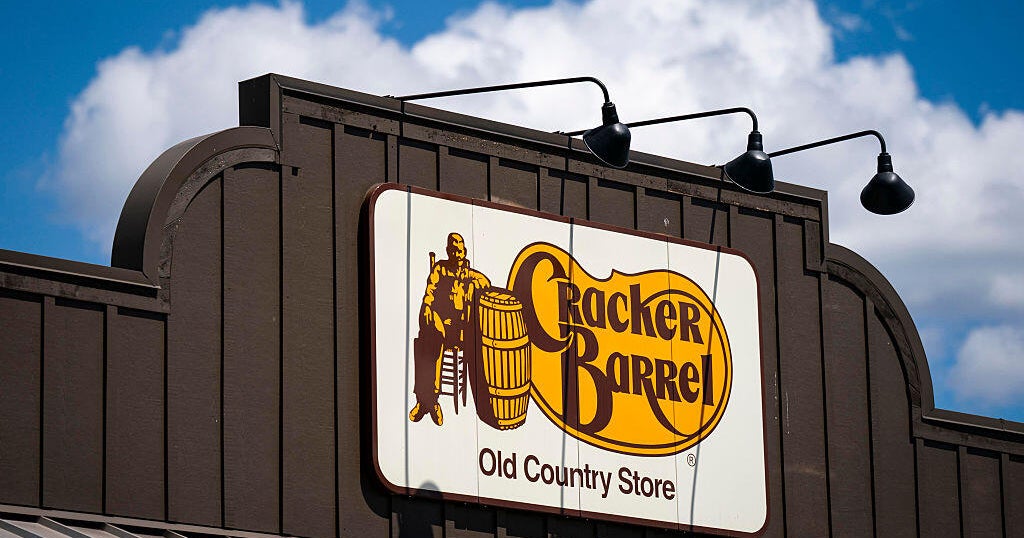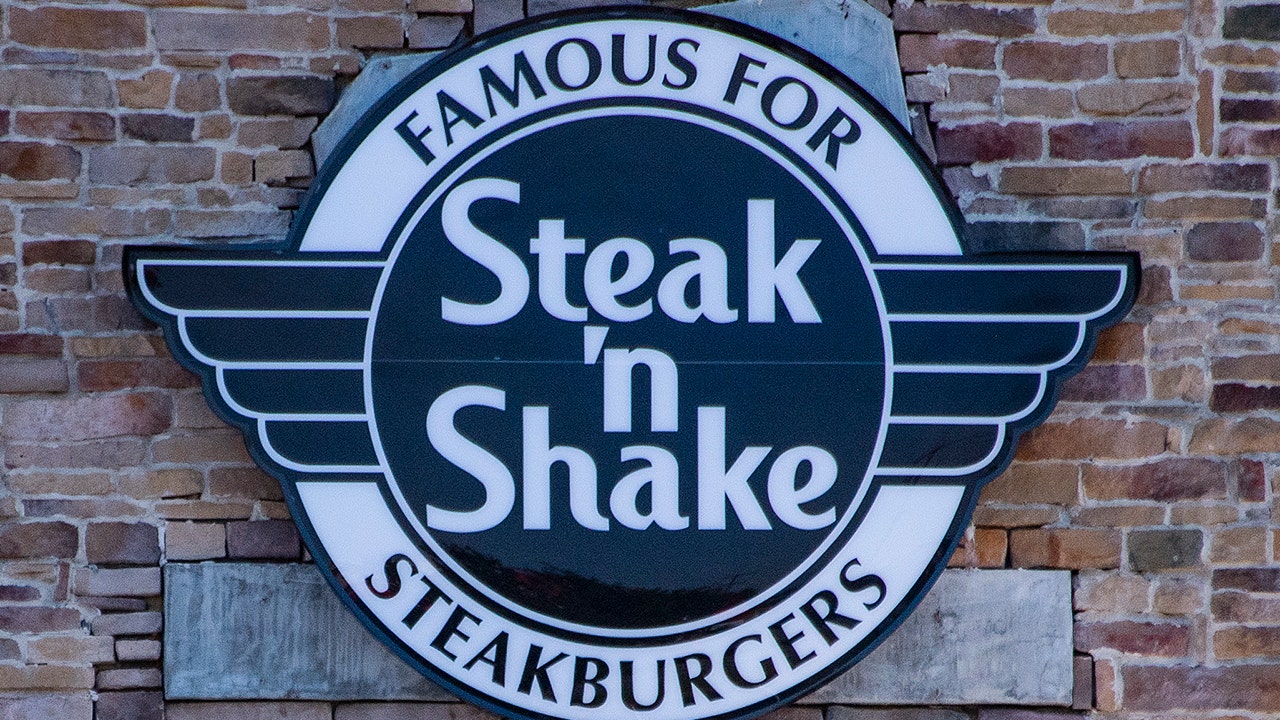Cracker Barrel Controversy: Impact and Reflections on American Society

Introduction
Cracker Barrel, a US-based restaurant chain, recently found itself at the center of controversy when it announced a logo change. The move sparked a heated debate on social media and highlighted the deep political divisions in America. Despite being a casual dining chain, Cracker Barrel's name and logo became a lightning rod for political animosity.
Main Content
The controversy surrounding Cracker Barrel's logo change is a reflection of the polarized political culture in the US. The chain's decision to remove the word "cracker" from its logo, a term that has historically been used as a racial slur, was met with both support and backlash. While some applauded the company for taking a step towards inclusivity, others saw it as an attack on their conservative values.
This is not the first time Cracker Barrel has found itself in the middle of a political firestorm. In 2013, the chain faced backlash for pulling "Duck Dynasty" merchandise from its shelves after the show's star made controversial comments about homosexuality. This incident also highlighted the intersection of politics and business in today's society.
Impact
The controversy has shed light on the influence of politics on consumer behavior and the potential backlash companies may face for taking a stance. It also serves as a reminder of the deep divisions in American society and the need for open and respectful dialogue. As for Cr
About the Organizations Mentioned
Cracker Barrel
Cracker Barrel Old Country Store, founded in 1969 by Dan Evins and Tommy Lowe in Lebanon, Tennessee, is a distinctive American restaurant and retail chain that combines Southern cuisine with nostalgic country store shopping[1][4][7]. Originating as a roadside establishment designed to serve weary interstate travelers, the first location was strategically placed near Interstate 40 to offer food, fellowship, and gasoline, initially supporting Evins’ family oil business[1][3][4]. The name "Cracker Barrel" harks back to traditional Southern country stores where people gathered around barrels of soda crackers to chat, symbolizing community and hospitality[1][2]. The concept merged a sit-down restaurant serving Southern staples like biscuits, grits, country ham, and turnip greens with a retail store selling Americana-themed goods and antiques curated by specialists, enhancing the nostalgic experience[2][4]. While Cracker Barrel initially included gas pumps, the oil embargo in the mid-1970s prompted the company to focus solely on food and retail services[1][3]. The brand expanded steadily through the 1970s and 1980s, capitalizing on America’s growing interstate highway system and the desire for consistent, welcoming roadside stops. By 1981, Cracker Barrel went public, and through the 1980s and 1990s, it achieved rapid growth, outperforming competitors with efficient operations and strong revenue per square foot[5]. Its iconic logo featuring "Uncle Herschel," inspired by founder Evins' uncle, and the signature front porch rocking chairs have become emblematic of the brand’s commitment to tradition and comfort[1][5]. Today, Cracker Barrel operates over 660 locations in 45 states, serving more than 230 million guests annually, embodying a successful blend of hospitality, retail, and Southern culture[3][7]. It remains headquartered in Lebanon, Tennessee, and as of 2024, reported revenues around $















